We encounter various abbreviations and acronyms in our everyday lives. They are used to shorten a form of words or phrases and even describe a thing, concept, or name. Many people use acronyms and abbreviations to make communication easier and faster. Additionally, they are extremely helpful in writing a lot of information in small spaces. Thus, medical professionals frequently use both abbreviations and acronyms in their workplaces.
Importance of Understanding Nursing Jargon
Nurses and other medical professionals develop a certain vernacular to communicate effectively. Many of the vocabulary used in nursing are exclusive to the profession. Therefore, aspiring nurses need to be familiar with them. You can provide better patient care by communicating productively with coworkers using common nursing abbreviations and terminologies.
As a novice nurse, it can be difficult to keep up with medical terminology. But don’t fret since we are here to help. Feel free to consult our cheat sheet for nursing abbreviations, acronyms, and terminologies frequently used in the US.
Nursing Terms
The healthcare sector uses numerous terminologies unique to it’s field of work. If you’re a beginner nurse or still undergoing the employment process, now is the best time to familiarize yourself with these terms. The following are among the commonly used nursing terms in the US.
• Ad Lib – Ad lib, “at liberty,” is a term that nurses occasionally use to denote a patient’s ability to do anything they choose. For instance, a nurse might advise patients to eat whatever they want after surgery.
• Ambulate – An ambulated patient can walk and move around without restriction. When nurses refer to a patient this way, they tell their coworkers that they might not require as much monitoring as a patient who is not mobile.
• Bandemia – When a patient’s white blood cells are discharged into their bloodstream in excess, it is referred to as bandemia by nurses. In most cases, this denotes the patient battling an infection or inflammation. Bandemia is found by nurses thanks to peculiar lab results.
• Code Pink – When a baby younger than 12 months old is suspected or confirmed missing, it is known as a “Code Pink” situation.
• Frequent Flyer – A patient who regularly visits the hospital or clinic is known as a frequent flyer. Nurses use this word to describe their patients for their coworkers to modify their procedures while caring for that patient. In addition, nurses take extra care while caring for frequent flyers to assist the patient in managing their symptoms to reduce the number of visits.
• Ileus – It is an obstruction in a patient’s intestines. To guarantee that the patient receives additional care and surveillance, nurses inform doctors of this and include it in their notes. Ileuses is a phrase that nurses should be familiar with because it might result in a potential blockage.
• NCLEX – refers to the nursing examination one must pass to become a registered nurse (RN) or a licensed practical nurse (LPN).
nursing abbreviations
• Pre-op – Pre-op or pre-operation describes any medical procedures, guidelines, or other activities that occur before an operation on a patient. Nurses utilize this phrase when giving directions to their coworkers and describing protocols to patients and their families. An example would be a nurse telling a patient not to eat before surgery.
• Post-op – Post-op means post-operation. Nurses use this phrase to describe the procedures that patients must follow after they have had surgery. For instance, a nurse could advise a patient to take showers rather than baths after surgery to prevent soaking a suture site.
• Sundowning – Nurses will use this phrase when caring for patients with memory-related illnesses like dementia. The term “sundowning” describes the time of day when a patient’s memory deteriorates. Patients can also begin acting in ways that are out of character for them now. Nurses and medical experts refer to the patient’s behavior shift as “sundowning” since it frequently occurs around sunset.
• Tachy – Tachy is a short term for tachycardia. The patient has this ailment, which causes their heart to beat rapidly and erratically. Nurses condense this medical phrase to save time and convey the patient’s condition. For instance, a nurse might alert coworkers that a patient is experiencing a panic attack by stating that the patient is tachy and needs help immediately.
• Walkie-Talkie – A patient with minimal bedside care uses a walkie-talkie. These patients can walk alone, feed themselves, and converse. Most of the time, patients who use walkie-talkies walk in the hallways towards the end of their hospital stay. This term is shared among nurses so that the nurse taking over the next shift knows how to prepare for discharge procedures.
These are a few examples of commonly used terms in nursing. For example, when tracking or recording the status of patients, nurses use these terms so that doctors and fellow nurses alike will understand them better.
Common Nursing Abbreviations and Acronyms
Abbreviations are condensed versions of written words or phrases used in place of the whole expression. Meanwhile, acronyms are terms constructed from the first letter of each word or major components of a complicated word.
Nursing Abbreviations
Nurses routinely use nursing abbreviations to save time and write more information in their nursing notes or discharge summaries. Some of the nursing abbreviations that medical professionals regularly use are listed below:
Abd: Abdomen
Ad. Spec.: Admission Urine Specimen
Ad. Sat.: Add/To Saturation
Amb: Ambulatory, Walking, Able to walk
Amt: Amount
Mec: Meconium
Cath: Catheter
Disch or Dish: Discharge
GYN or Gyn: Gynecology
Mat: Maternity
Meds or Med: Medicine
Nsy: Nursery
Noct: Nocturne or At Night
Ortho: Orthopedics
Spec. or spec: Specimen
Surg: Surgery
pH: Potential Hydrogen
Ped or Peds: Pediatrics
Obt: Obtain
Isol: Isolation
These are examples of abbreviations that are frequently used inside the hospital. If you want to keep up with and understand your nursing peers, take your time to familiarize these abbreviations.
Nursing Acronyms
Nurses frequently use medical acronyms since it allows them to communicate better with other healthcare professionals. However, keeping up with the terminology cannot be easy for a novice nurse. The following are some examples of nursing-related acronyms:
ABC: Airway, Breathing, Circulation
ABD: Abdominal or Abdomen
A&D: Admission and Discharge
ADHD: Attention Deficit-Hyperactivity Disorder
ADR: Adverse Drug Reaction
DC: Discontinue or Discharge
DOA: Dead On Arrival
DOB: Date Of Birth
DNR: Do Not Resuscitate
IV: Intravenous Therapy
LP/VN: Licensed Practical/Vocational Nurse
NP: Neuropsychiatric or nursing procedure
NPO: Nothing by Mouth
OB: Obstetrics
OOB: Out of Bed
OR: Operating Room
RR: Recovery Room
U: Unit
WNL: Within Normal Limits
ICU: Intensive Care Unit
Nurses regularly use acronyms to save time and effectively communicate information regarding a patient’s prescriptions and pre-op and post-op orders to other medical experts. Future nurses must understand this language to communicate successfully because numerous nursing phrases are specific to the profession.
Are You Ready?
Do you know what NCLEX and OR mean now? Do you understand the many terms used in medicine and nursing? Our specialized vocabulary in the nursing and medical professions is essential. From credentials to achievements titles, these medical terminologies and nursing abbreviations are crucial to be more effective in the workspace.
To reiterate, aspiring nurses should become familiar with nursing abbreviations, acronyms, and terminologies, as many are unique and crucial to the field. In addition, you can provide better patient care if you communicate with your coworkers and understand the nursing language.
We at IPASS have your back! IPASS Processing offers its service to nurses who wish to apply for the NCLEX in the United States. We ensure to provide and deliver you a smooth and hassle-free NCLEX application. For more inquiries, contact us now!







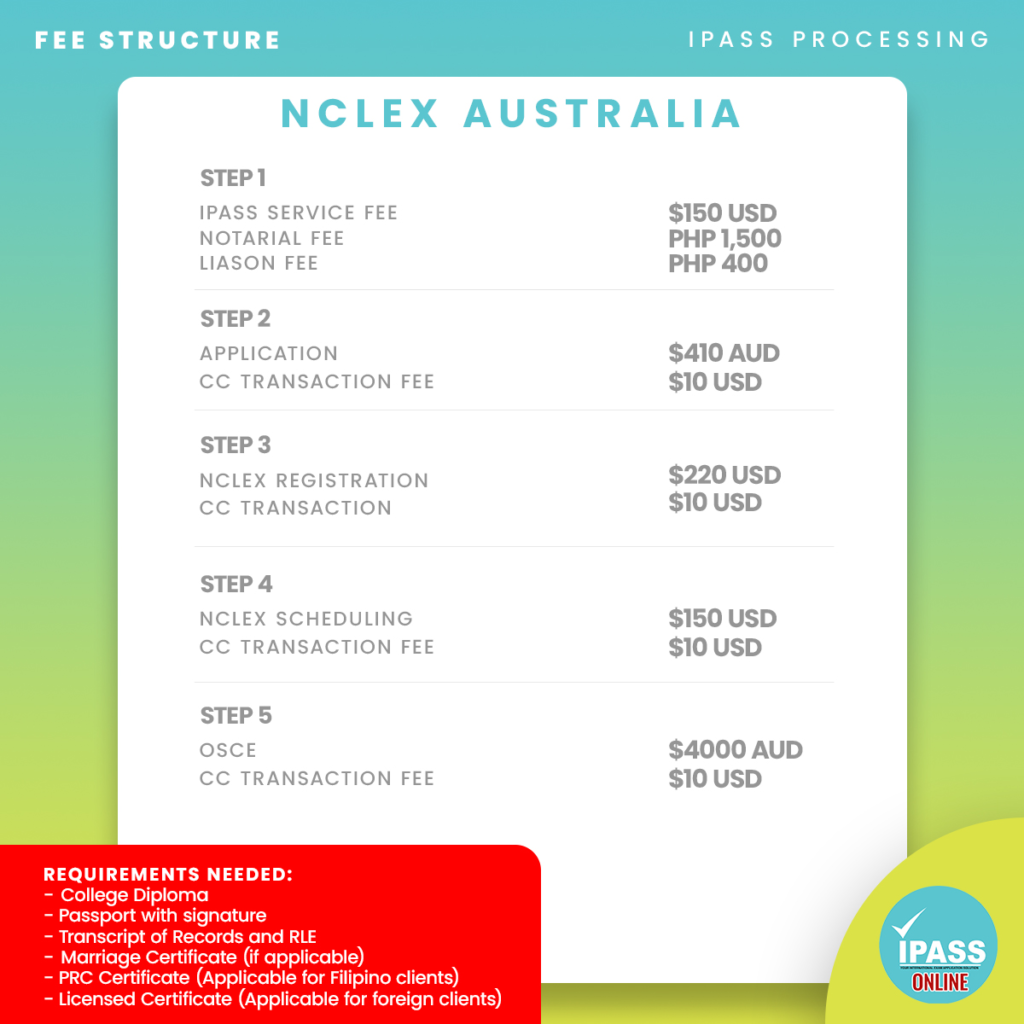
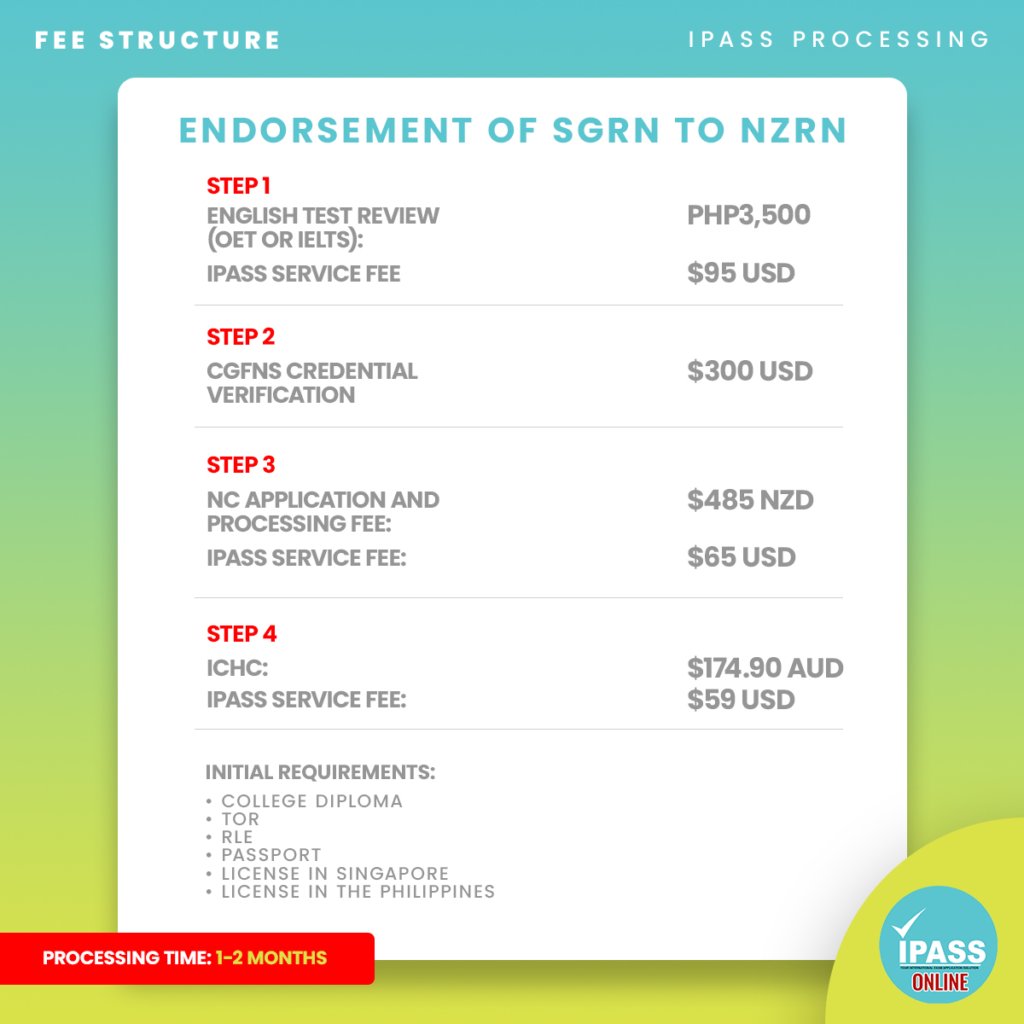
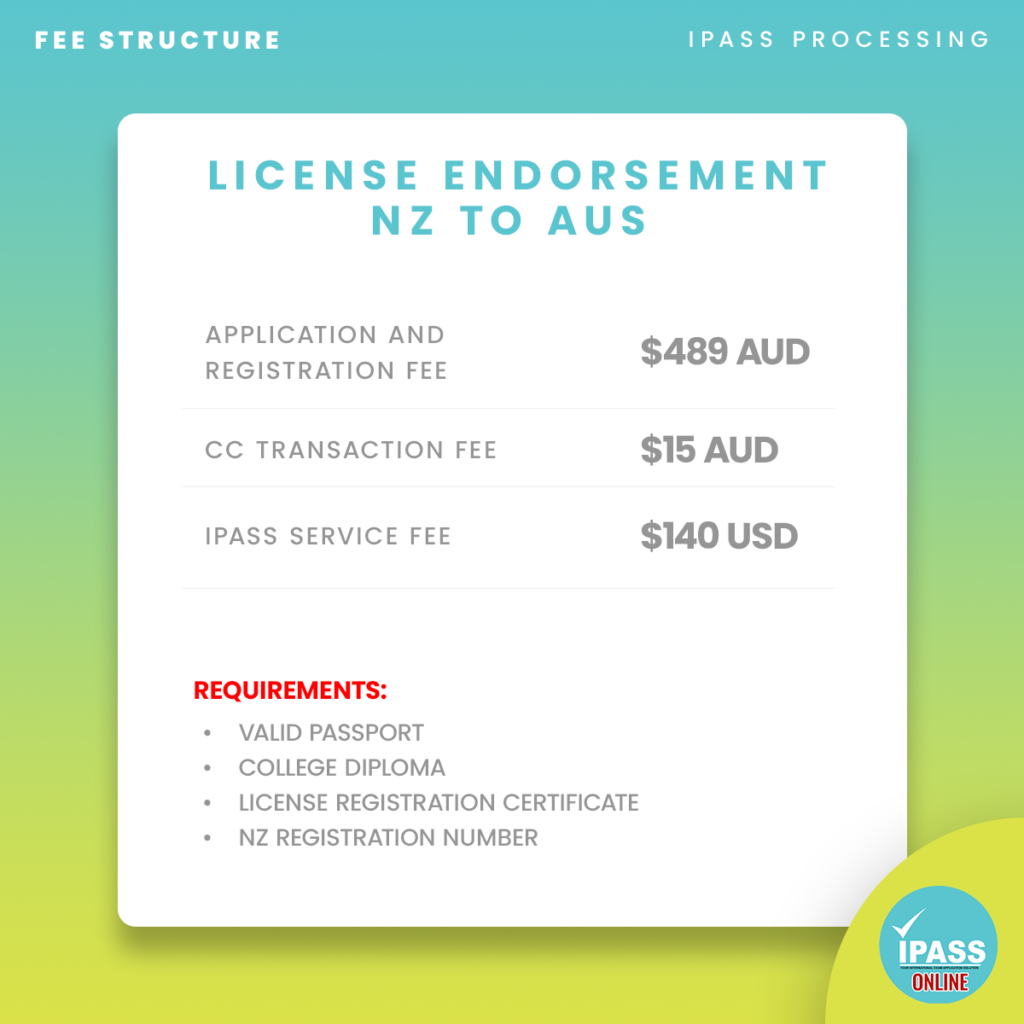
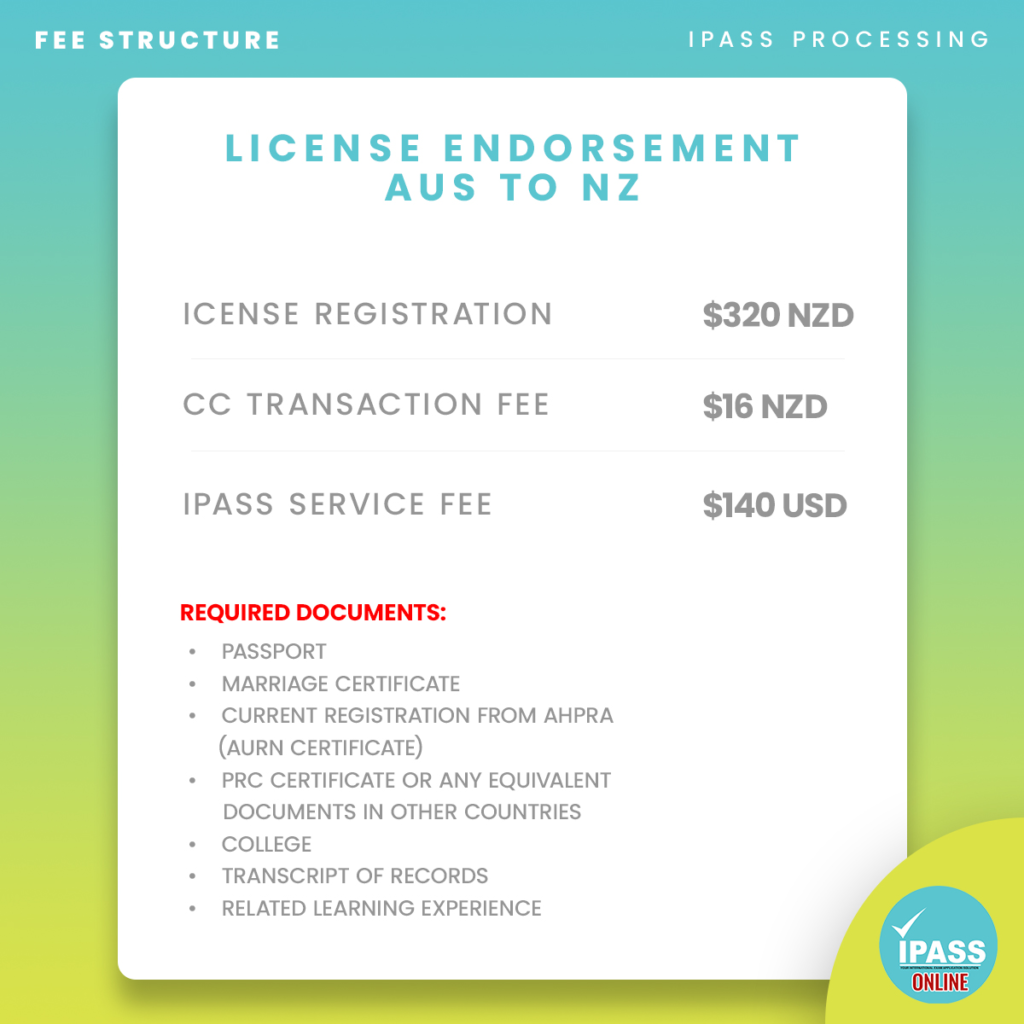
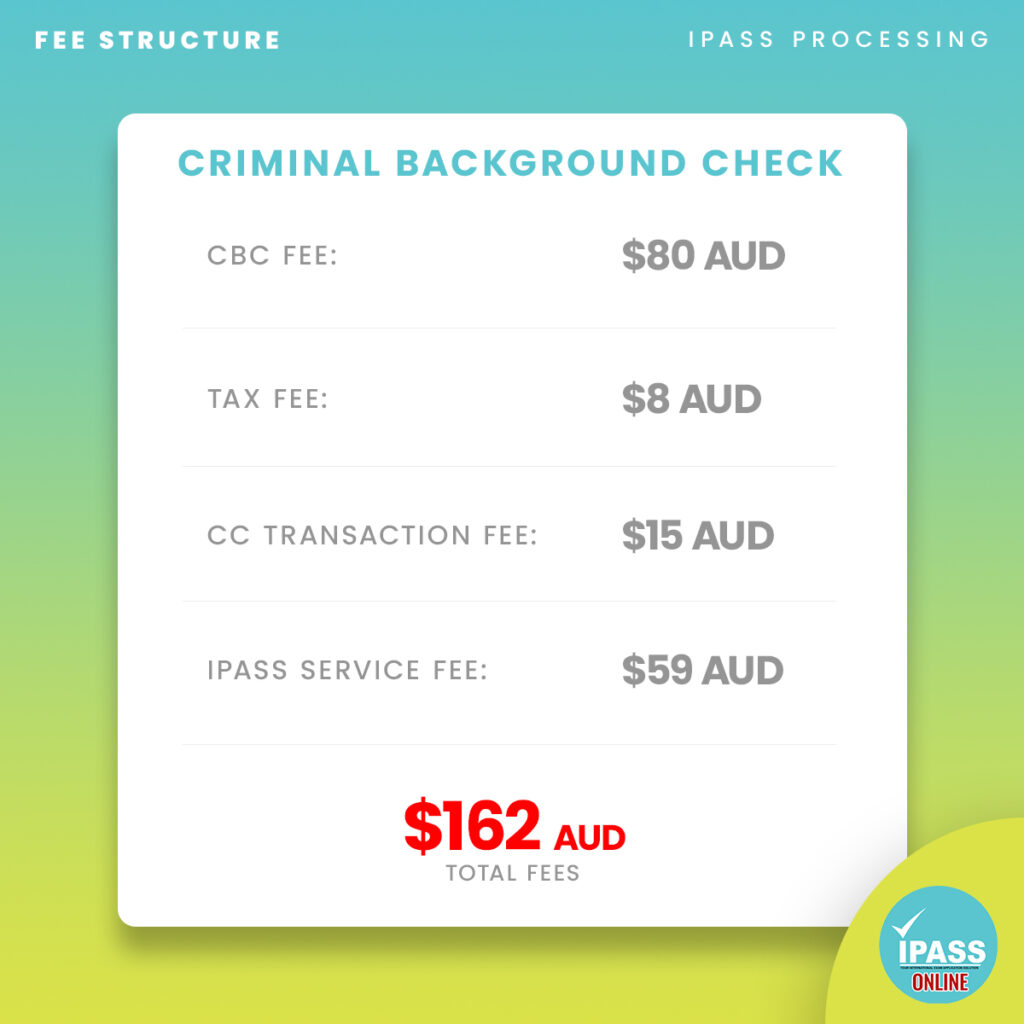


No Comments